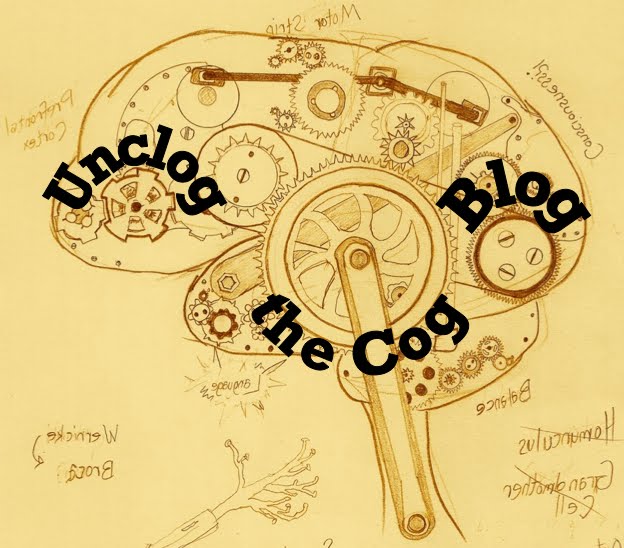I've been thinking about how often we try to solve our kids' academic difficulties with the decree to "just try harder."
First, I'm always skeptical of any solution that starts with the word "Just..." If it were a simple solution, any reasonable person would have already run across it.
Second, who are the people recruiting this decree? In my experience, many dads, often very successful, want their kids to overcome difficulties by just trying harder. Another recent cohort I've been hearing this from, interestingly, is kids themselves after they achieve a big breakthrough. [I try to analyze the successes at least as much as the setbacks.] He finally got an A on that test because, "I don't know, I just tried harder." So, if parents and kids say so, the "just try harder" solution is correct, right? Not really. Because it doesn't really help on the front side of the chasm. It only works when looking back after success.
Here's my explanation of the Just Try Harder ("JTHTM"?) reasoning and why I think it's so popular:
There is a well documented phenomenon in research on children's memory for collaborative activites (e.g., Foley et al., 2002) in which children tend to over-attribute contributions to themselves. Here's what I mean: A 4- or 5- year- old child puts a puzzle together with a parent, and afterward, an experimenter asks, "Who was the person to put this piece of the puzzle in the right spot, you or your mom?" The kid thinks back, and says, "Me. I put it there." Kids tend to correctly say they did it when they indeed put the piece there. They also tend to say they did it when in fact review of a videotape shows that the parent and kid did it together...or even sometimes when the parent in fact put the piece there. This happens time and time again: a consistent memory error in which kids think they did more to solve a problem than they actually did.
Is this a bad thing? Actually, we consider this an "adaptive memory error," for it turns out that time after time, the kids that make this error 1) try harder on the next puzzle they do without help from parents, and 2) tend to do better on subsequent puzzle tasks. Why fix what works? In my clinical work, we tend to like seeing kids make these types of memory errors.
So what does this have to do with parents solving their kid's academic problem with the decree to "just try harder?" Often, at first pass, we all try to solve our kid's troubles by looking back on our own experiences. Sure, why not? Worked for me, so it may work for Junior! (It's a data set of N=1) So we look back on our own earlier academic successes. (BTW, it turns out we really retain quite few memories from school: mostly just the really salient five that get turned into anecdotes) and we often make the same adaptive memory errors as those 4 year old puzzle builders:
We look back over our education, our 12 or 16 or more years of carefully calibrated assistance from parents, teachers, and others, and we over-attribute contributions to ourselves: "I passed that class because I stayed up all night to finish that paper" or the like. Again, in life these are adaptive memory errors. They cause us to put in more effort on the next challenge! The only problem in this situation is that the memory belongs to the older generation, but the effort is supposed to belong to the younger generation.
.jpg)
No comments:
Post a Comment